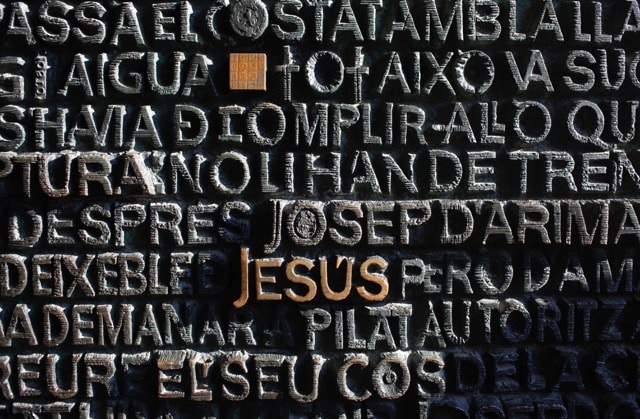The other day I was out for lunch with a friend who is considering the transition into some sort of full-time ministry vocation. He asked me if I had any key insights so far in my experience as a leader and particularly as a Christian leader. I did. However it came with a disclaimer: I have only been in Christian ministry for a couple of years and so this is from my experience thus far.
Here are the three insights I shared with him:
1. Spiritual Authority. This point will surely bother some who emphasize decentralized leadership, which is another post altogether. For me, authority really matters. We need to have people who we look to for spiritual guidance and whose opinions carry enough weight to direct our decisions and choices. Even if you have reached the highest level of leadership in your organization, you most likely recognize the need external council. As an example, when I was trying to figure out if I should switch from being a designer to a minister my pastor suggested I go to seminary. I respected him enough to begin praying about seminary and to apply for schooling. I am grateful that I listened to him. My time at seminary really helped solidify the shift that was taking place in my heart and life. There are complex issues we will face in ministry where we need the guidance of someone further along who has been through the wreckage. I am grateful for several key leaders in my life who have shared their insights and helped me navigate through new territory. Surrounding myself with people who carry more authority than I do serves as a continual reminder that my fundamental identity in Christ is as a servant. Jesus is my king, Lord, master, boss, etc. He has placed people in authority over me and I respect his choices.
2. Boundaries. This has been one of the harder lessons for me. Keeping boundaries and leaving margin in your life is of the utmost importance no matter your profession. I constantly have to fight the urge to work late into the evening. I have to be careful not to schedule every single minute of my waking time. This has gotten even more complicated as a minister. Friendships begin to bleed into “pastoral care”. Words that you thought were in confidence begin to spread like wildfire throughout the rumor mill. Abraham Kuyper speaks of different spheres, i.e.: government, university, church, etc. When you are in pastoral ministry your vocation intersects with various social spheres that are difficult to keep separate, especially work life and social life. It’s important to create space and relationships that do not fall into your vocation. It’s also important to recognize that some people, and some friends, will no longer be simply ‘friends’.
3. Personal Holiness. When I first started working at Summit Church our executive pastor, John Parker, paraphrased Robert M. M’Cheyne to me “The greatest thing you can offer our community is your own personal holiness.” He’s right. At the end of the day my pursuit of Jesus is all I have to offer people, and its the only thing that keeps me going when things get rough. All I can do is point to the one that I’m attempting to follow. A robust devotional life is key for me. My current routine involves a morning and evening routine with a variety of disciplines: Scripture reading, prayer, silence, thanksgiving, liturgy, intercession, etc. These activities help me engage my heart on a daily basis with the gospel of grace.




